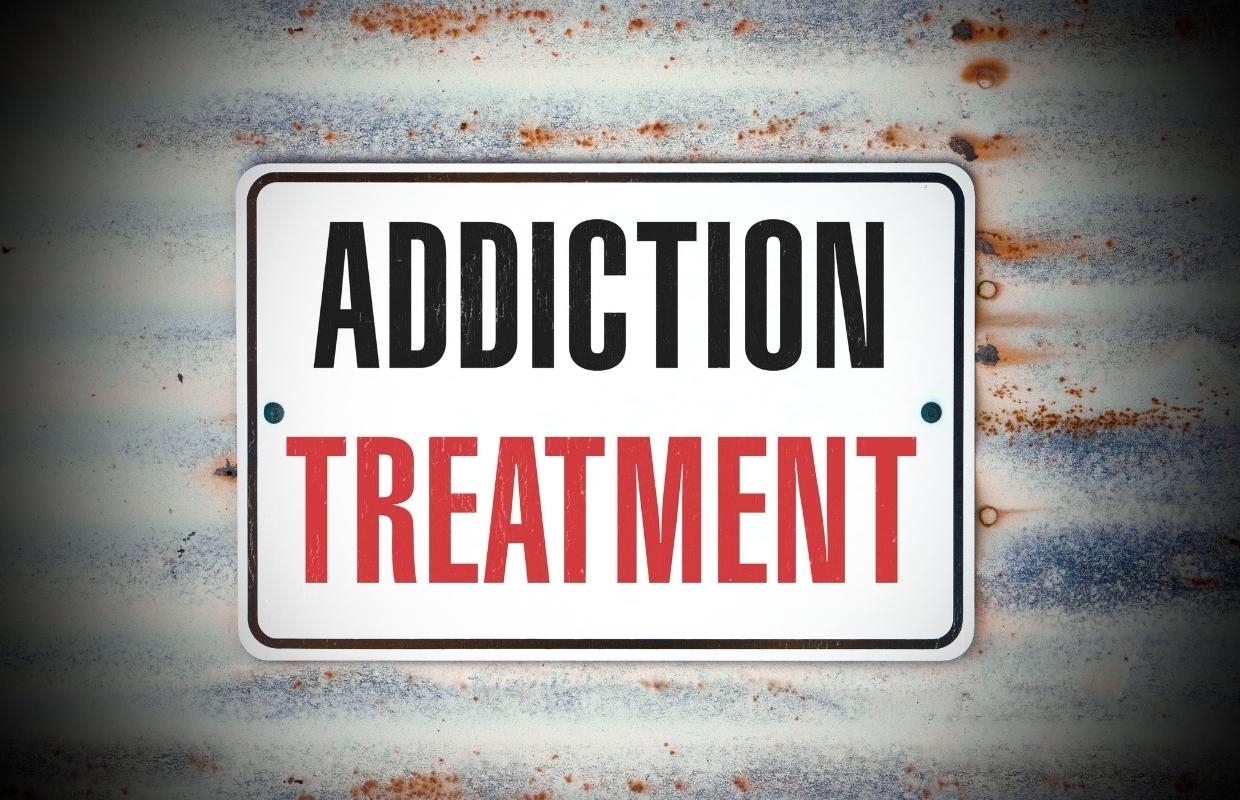Comprehensive and structured opioid addiction treatment options can enhance the detox process.
Key Kind Of Addiction Treatment: Browsing Alcoholism Recovery With Evidence-Based Practices
In the world of alcoholism healing, the integration of Cognitive-Behavioral Therapies (CBT) and Medication-Assisted Therapy (FLOOR COVERING) marks a crucial stride in the direction of effectiveness and patient-centered treatment. CBT provides an organized course to reframe detrimental idea patterns, while floor covering provides a biochemical grip versus the physical adversities of withdrawal. When these evidence-based methods are supplemented with alternative techniques, such as mindfulness and nutritional support, they develop a robust structure for treatment. The trip through these techniques offers one-of-a-kind obstacles and end results, laying bare the question of just how these treatments concretely intersect to foster sustained recuperation.

Recognizing Cognitive-Behavioral Treatments in Alcohol Dependency Recuperation
As alcoholism healing evolves, cognitive-behavioral treatments (CBT) have emerged as a keystone in efficient therapy approaches. CBT operates the concept that maladaptive actions, such as extreme alcohol consumption, are driven by inefficient thoughts and beliefs. Treatment concentrates on recognizing these unfavorable patterns and mentor people just how to challenge and replace them with more constructive thinking. This treatment is not only concerning taking care of habits but also improving cognitive procedures, which can bring about continual sobriety. Sessions normally entail useful skills training, such as coping strategies for managing desires and tension management strategies. The adaptable nature of CBT allows it to be customized to the distinct demands of each person, improving its performance in the center drugs world of alcohol healing.

The Function of Medication-Assisted Treatment in Managing Withdrawal and Yearnings
Medication-assisted treatment (FLOOR COVERING) plays a critical role in the administration of withdrawal signs and yearnings in people recuperating from alcohol addiction. telehealth addiction treatment. Such assimilation sustains the retention in treatment programs and contributes considerably to preventing regression, noting Our site MAT as a foundation of effective alcohol addiction therapy.

Integrating Holistic Strategies With Traditional Treatments for Comprehensive Care
While medication-assisted treatment gives a foundational approach to alcohol healing, incorporating alternative approaches with standard treatments uses a much more detailed care design. This synthesis allows the treatment of the entire person, addressing not only the physical aspects of dependency yet additionally the emotional, emotional, and spiritual measurements. Techniques such as mindfulness, yoga, and acupuncture enhance cognitive-behavioral treatment (CBT) and group sessions, sustaining stress reduction and psychological guideline. Nutrition and workout programs additionally enhance physical wellness and resilience. By incorporating these varied techniques, therapy programs can tailor interventions to specific needs, advertising a more lasting recovery. This incorporated technique emphasizes the importance of a diverse approach in the effective treatment of alcohol addiction.
Conclusion
In verdict, reliable alcoholism recovery leverages a mix of evidence-based techniques. Cognitive-Behavioral Therapies reframe negative attitude, while Medication-Assisted Treatment deals with the physical difficulties of withdrawal and yearnings. Incorporating holistic techniques, such as mindfulness and proper nourishment, with typical therapies look at here makes sure a thorough care strategy. Customized to private demands and sustained gradually, these approaches jointly boost the likelihood of sustained sobriety and overall wellness in recouping people. telehealth addiction treatment.